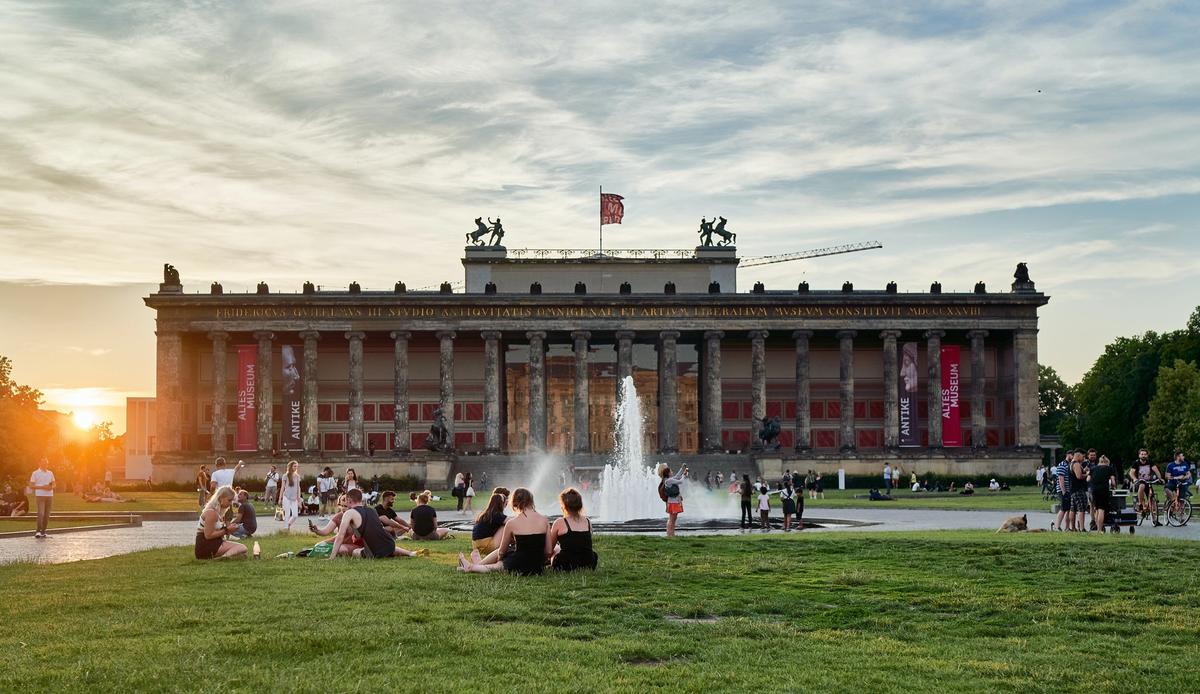The German Museums Association has published guidelines for climate protection and called on political leaders to give financial support to museums seeking to revamp buildings and energy systems and switch to environmentally friendly logistics.
The guidelines, drafted by a working group of 70 museum experts and funded by the culture ministry, were welcomed by culture minister Claudia Roth as “an important step towards CO2 reduction in German museums”.
In a statement, the culture ministry said: “As places of education and discussion, museums have considerable social responsibility in the areas of sustainability and climate protection. But in their daily work, museums also leave a considerable ecological footprint.”
Practical proposals
The guidelines include practical proposals such as how to calculate a museum’s climate footprint and create a plan to reduce energy consumption. Museums should seek to cut their CO2 emissions measurably each year and aim for climate neutrality by 2045, the guidelines say.
The document comprises a set of minimum standards. They include switching off all technical equipment when not in use, using passive climate control methods wherever possible, adopting less rigorous climate controls for more robust objects, focusing on vegetarian and vegan dishes in museum cafes, ensuring subcontractors use recyclable materials, avoiding domestic flights for staff, and minimising courier deliveries.
Acquisitions and expansion
Any expansion or comprehensive renovation projects should seek to avoid fossil fuel consumption. And the report also recommends that curators should take into account the resources any new acquisitions will require and include these calculations in their decision-making.
The report aims “to ensure that museums can continue to produce work of the highest quality while becoming climate-fit”, the Museums Association says. It warns, though, that this will require considerable resources and political support—particularly when it comes to new buildings and renovations.
“Museums need committed staff, flexibility and the relevant financial means,” the association says. “The necessary resources must be provided urgently. Political support is indispensable.”


